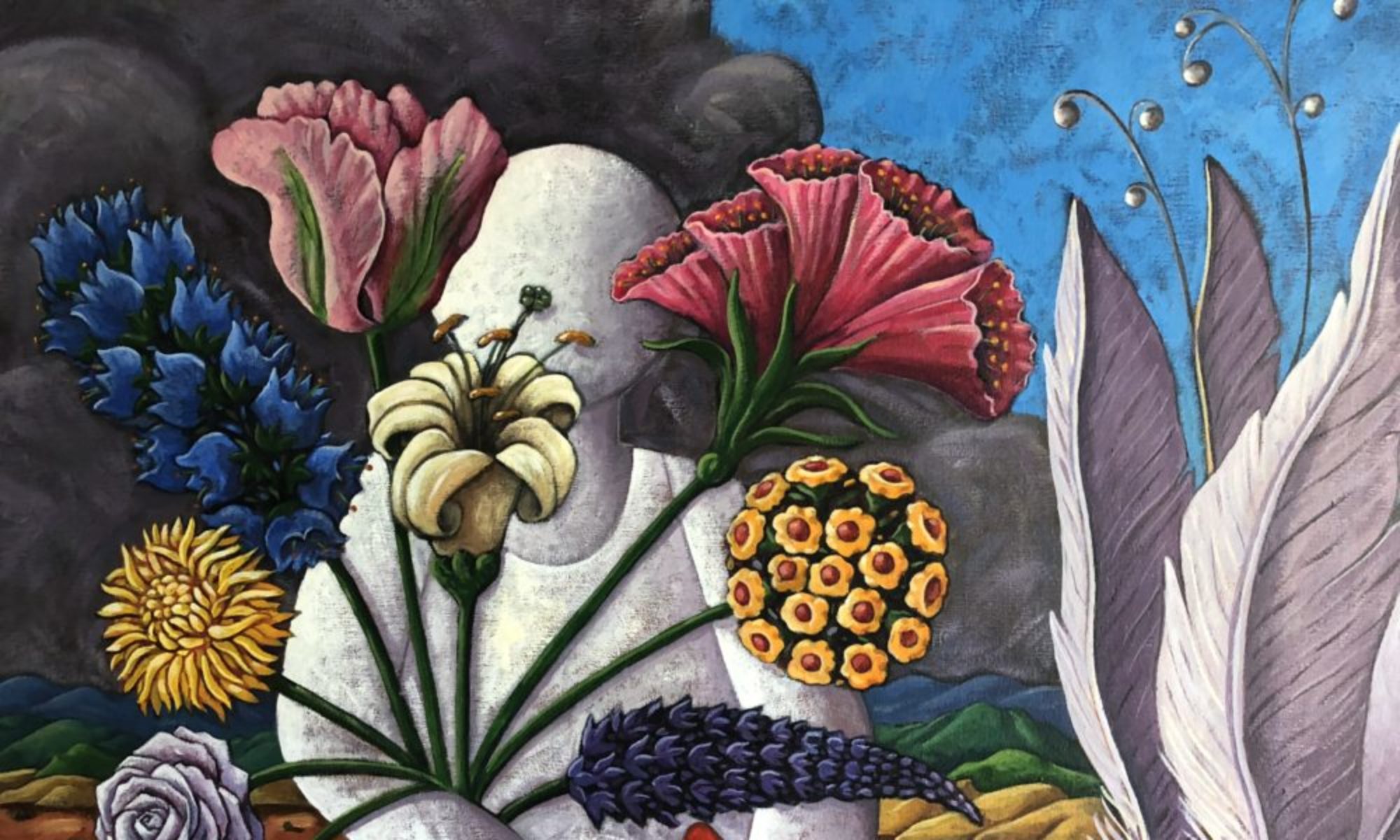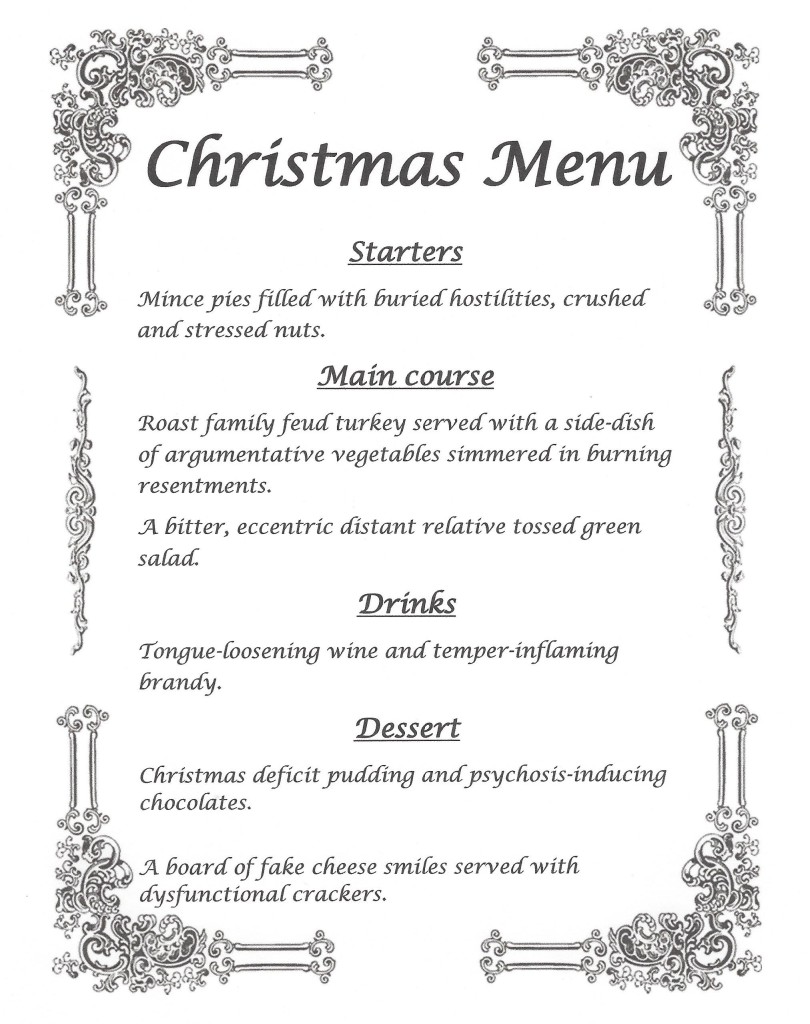My scientist father wasn’t terrifically fond of Christmas and when he was alive, would regularly say around this time of year: “I’d like to go to sleep and wake up when it’s all over.”
As my father’s daughter, I know exactly how he felt. It’s easy to feel overwhelmed, exasperated and stressed at this time of year. Not only by the expectations we impose on ourselves but also by the pressures advertisers impose on us. The barrage of advertising urging us to not only consume, but to increase our consumption, is one I find particularly offensive. Yes, I know sales drive the wheels of our market economy, but I can’t help thinking we’re getting this all wrong.
And what is it about Christmas dinners? Depicted in all those ads for puddings and turkeys as a joyful gathering, the reality is often the opposite. Thanks to all that emotionally manipulative merchandising, so great is our expectation for happiness that we can’t help but be disappointed.
In Robert McKee’s fabulous writing bible – ‘Story’ –this is called ‘the gap between expectation and result.’
This gap – created when internal desire encounters the antagonist of external reality – is often a turning point – a character-defining moment, a chance for transformation, a recipe for disaster or all of the above. It’s a place where a story teller finds the ripe (and sometimes festering) fruits of inspiration. In this gap – which is often a metaphorical canyon – things get interesting.
So, in the spirit of giving, realism and that gap between expectation and result, I offer you this alternate Christmas menu:

